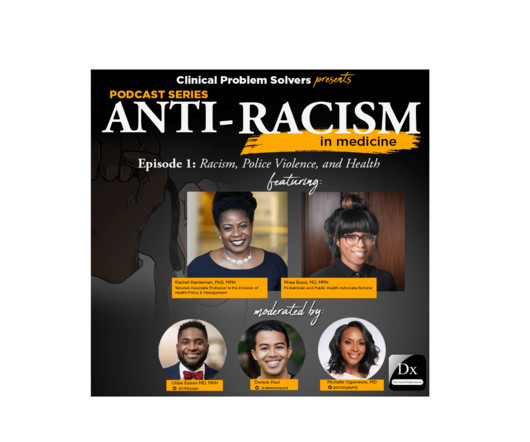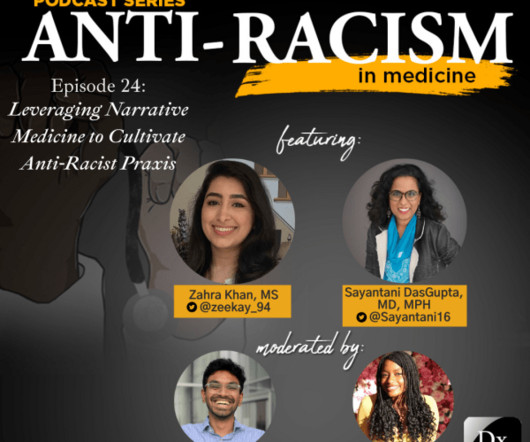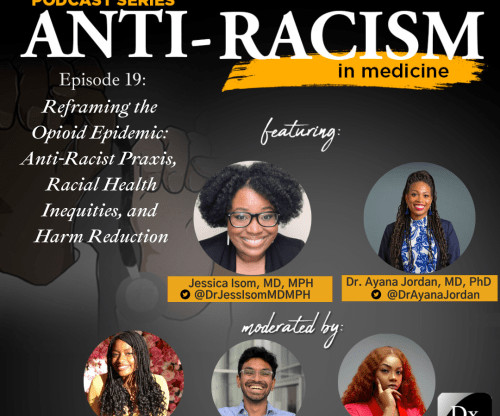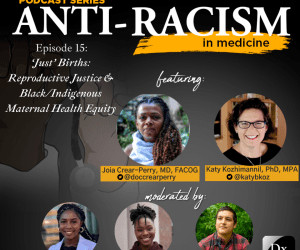Impact of Toxic Stress, Inadequate Sleep, and Depressive Disorders on Cognitive Decline in US Elderly Adult Population [Behavioral, psychosocial, and mental illness]
Annals of Family Medicine
NOVEMBER 20, 2024
Context: Despite individual studies highlighting the detrimental impact of adverse childhood experiences (ACEs), insufficient sleep, and depression on cognitive function, a detailed understanding of their combined impact on subjective cognitive decline remains poorly understood. Results: Our study sample had an average age of 73.3
































Let's personalize your content